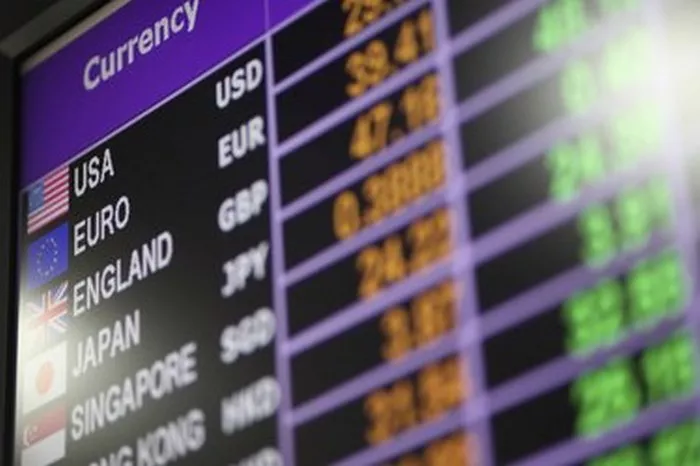In the intricate world of financial markets, the term “futures” holds a significant place, carrying a distinct meaning that impacts the way traders and investors navigate various asset classes, including stocks. Futures in the context of stocks refer to a unique financial instrument that allows market participants to speculate on the future price movements of stocks.
Definition and Function of Futures in Stocks
Futures in stocks are derivative contracts that obligate parties to buy or sell a specified number of shares of a particular stock at a predetermined price on a future date. These contracts facilitate speculation on the future direction of stock prices without owning the actual shares. The contract’s price, known as the futures price, reflects the anticipated value of the stock on the contract’s expiration date.
Hedging and Risk Management
One of the primary functions of futures in stocks is risk management. Market participants, such as investors and traders, use futures contracts to hedge against potential price fluctuations in the underlying stocks. For instance, a portfolio manager holding a substantial position in a particular stock may use futures contracts to mitigate the risk of a price decline. By taking an opposing position in the futures market, the manager can offset potential losses in the stock’s value, thereby preserving the portfolio’s value.
Speculation and Profit Potential
Futures contracts offer opportunities for speculation, allowing traders to profit from anticipated price movements in stocks without owning the shares. Traders can take either long (buy) or short (sell) positions in futures contracts based on their market outlook. If a trader predicts that a stock’s price will rise, they can take a long position in a futures contract. Conversely, if a trader believes that a stock’s price will fall, they can take a short position.
Leverage and Margin Requirements
Leverage is a hallmark feature of futures contracts, enabling traders to control a larger position with a fraction of the contract’s value, known as margin. While leverage amplifies potential returns, it also magnifies potential losses. Traders must maintain a minimum margin level to keep their positions open. The use of leverage necessitates a thorough understanding of risk management to avoid excessive losses.
Standardization and Expiration
Futures contracts in stocks are standardized, with specific contract specifications, including the number of shares, expiration date, and tick size. Expiration refers to the date when the futures contract matures. At expiration, traders must either settle the contract by taking the opposite position or roll over the contract to a future expiration date. Understanding contract specifications and expiration dates is crucial for effective trading.
Price Discovery and Market Efficiency
Futures markets play a crucial role in price discovery for stocks. The futures price reflects market participants’ collective expectations about future stock prices. As new information becomes available, futures prices adjust accordingly, facilitating efficient price discovery. This process contributes to market efficiency by ensuring that prices in both the futures and underlying stock markets remain closely aligned.
Arbitrage and Market Integration
Futures in stocks also promote market integration and arbitrage opportunities. Traders can exploit price discrepancies between the futures and underlying stock markets by simultaneously buying and selling corresponding positions to profit from price differentials. This arbitrage activity helps align prices across markets and reduces the potential for market inefficiencies.
Regulation and Oversight
Futures markets are subject to regulatory oversight by relevant authorities, such as the Commodity Futures Trading Commission (CFTC) in the United States. Regulatory frameworks ensure fair and transparent trading practices, protect market participants, and maintain market integrity. Traders and investors can participate in futures trading with confidence, knowing that regulatory measures are in place to prevent fraud and manipulation.
Conclusion
In the world of stocks, the term “futures” carries a distinct meaning, encompassing derivative contracts that enable traders and investors to speculate on future price movements without owning the actual shares. Futures in stocks serve functions ranging from risk management and hedging to speculation and price discovery. With features such as leverage, standardized contracts, and expiration dates, futures markets contribute to market efficiency, price alignment, and opportunities for profit. For market participants, understanding the concept of futures in stocks is essential for making informed trading decisions and harnessing the potential these instruments offer to navigate the dynamic landscape of financial markets.


